stone or treated wood or cedar for raised garden bed
codym17
9 years ago
Featured Answer
Comments (20)
shermthewerm
9 years agoshermthewerm
9 years agoRelated Professionals
Ashburn Landscape Architects & Landscape Designers · Jennings Landscape Architects & Landscape Designers · Richmond Heights Landscape Architects & Landscape Designers · Aurora Landscape Contractors · Chesapeake Ranch Estates Landscape Contractors · Cicero Landscape Contractors · Concord Landscape Contractors · Downey Landscape Contractors · Flagstaff Landscape Contractors · Franklin Landscape Contractors · Norristown Landscape Contractors · Pleasant Prairie Landscape Contractors · Pleasanton Landscape Contractors · Santa Maria Landscape Contractors · Cheshire Gardeners & Lawn Careseysonn
9 years agocodym17
9 years agoDonna
9 years agojwag4321
8 years agolast modified: 8 years agonancyjane_gardener
8 years agonancyjane_gardener
8 years agoPumpkin (zone 10A)
8 years agoshermthewerm
8 years agojwag4321
8 years agolast modified: 8 years agojwag4321
8 years agorina_Ontario,Canada 5a
8 years agojwag4321
8 years agolast modified: 8 years agojwag4321
8 years agotheforgottenone1013 (SE MI zone 5b/6a)
8 years agoNHBabs z4b-5a NH
8 years agojwag4321
8 years agolast modified: 8 years ago
Related Stories
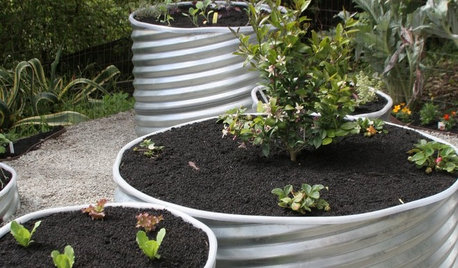
GARDENING GUIDES8 Materials for Raised Garden Beds
Get the dirt on classic and new options for raised vegetable and plant beds, to get the most from your year-round garden
Full Story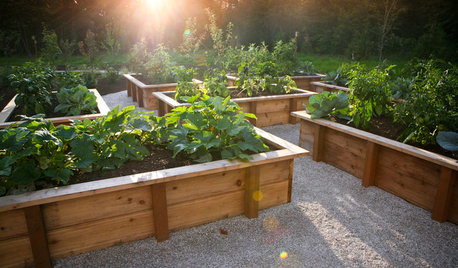
GARDENING AND LANDSCAPINGRaised Beds Lift Any Garden
From good old-fashioned wood garden boxes to modern metal troughs, raised beds can make any landscape space look great
Full Story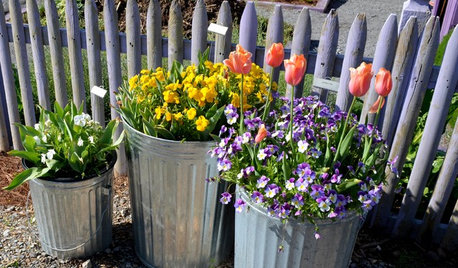
EDIBLE GARDENSSee How a Practical Garden Can Be a Visual Treat, Too
A university edible garden overflows with ideas for growing produce and flowers in containers, beds — or a pickup truck
Full Story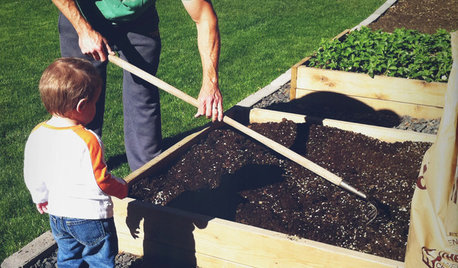
GARDENING AND LANDSCAPINGBuild a Raised Bed to Elevate Your Garden
A bounty of homegrown vegetables is easier than you think with a DIY raised garden bed to house just the right mix of soils
Full Story
FARM YOUR YARDHow to Build a Raised Bed for Your Veggies and Plants
Whether you’re farming your parking strip or beautifying your backyard, a planting box you make yourself can come in mighty handy
Full Story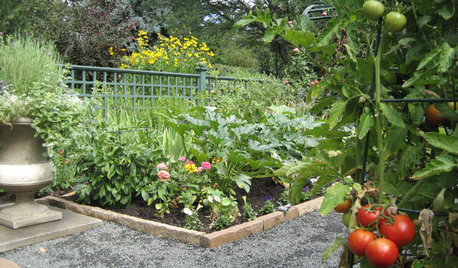
SPRING GARDENINGInspiring Raised Beds for Fall and Spring Planting
Make Your Next Vegetable Garden Even Better with Beautiful Boxes and Paths
Full Story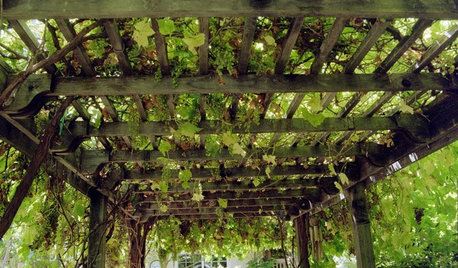
GARDENING AND LANDSCAPINGVertical Gardens Raise the Limits for Landscapes
Turn a small garden space into a towering success with an upward-bound collection of edible delights
Full Story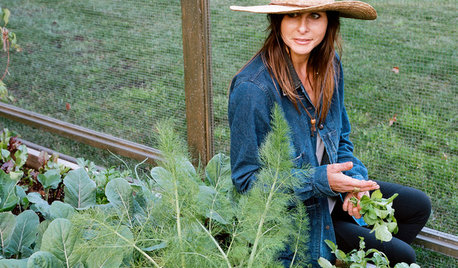
FARM YOUR YARDAdvice on Canyon Farming From L.A.'s Vegetable Whisperer
See how a screened garden house and raised beds help an edible garden in a Los Angeles canyon thrive
Full Story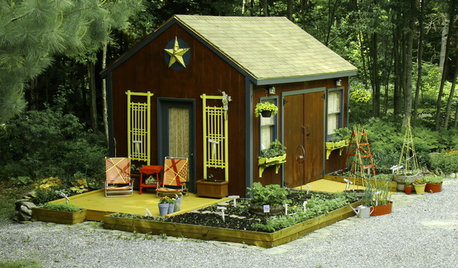
GARDENING AND LANDSCAPINGDig This Garden Shed Makeover for Less Than $300
New paint, accessories and raised vegetable beds turn a drab outpost into a colorful charmer
Full Story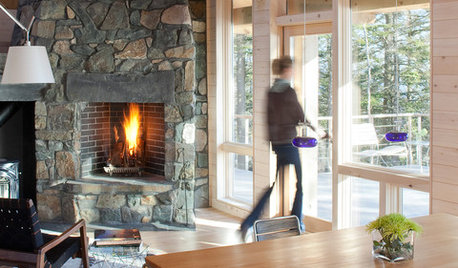
WOODKnotty and Nice: Highly Textured Wood Has a Modern Revival
Whether it's cedar, fir or pine, if a wood has a knot, it's hot
Full Story





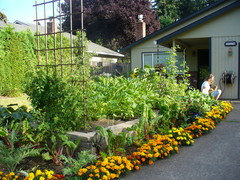


digdirt2